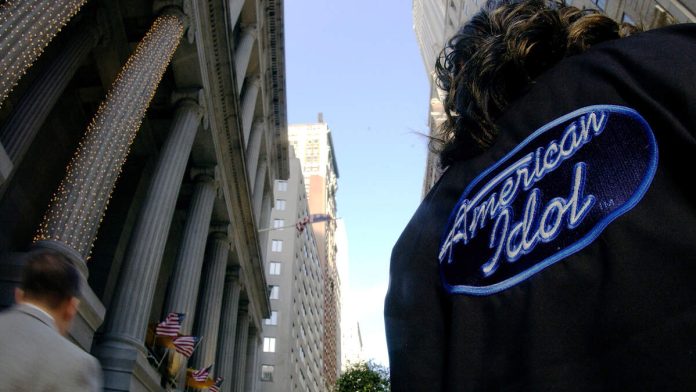LOS ANGELES (CNS) – A judge is being asked to give preliminary approval to a nearly $500,000 settlement of a lawsuit brought by two former “American Idol” contestants who sued the production companies behind the show, alleging that they and other contestants had to work 15-hour days with little to no breaks.
Court papers were filed Wednesday with Los Angeles Superior Court Judge Samantha Jessner on behalf of plaintiffs Normandy Vamos and issued the order during a status conference 10 days after the lawyers informed the judge they had reached a settlement “in principle” of Franklin Boone, a co- plaintiff in the suit with Normandy Vamos. Vamos filed the original case in February 2023 and Boone was added as a plaintiff four months later.
Boone’s court papers propose a settlement of about $487,500 as well as a provisional certification of the lawsuit as a class action. A hearing is scheduled May 27.
“Counsel for plaintiff Boone and defendants have met and conferred and defendants do not object to this motion,” Boone’s attorneys state in their court papers.
The lawsuit named as defendants ABC, American Idol Productions Inc., Fremantlemedia North America Inc., Industrial Media Inc. and 19 Entertainment.
The proposed class consists of all persons who auditioned before celebrity judges on “American Idol” or participated in later rounds of the show between Feb. 3, 2019, and the date of preliminary approval.
The lawsuit alleged that the proposed class members were purposely misclassified in their work status so as to deny them work protections and avoid paying them proper minimum wage, meal and rest break reimbursements and overtime, all of which are due those workers deemed employees.
The suit further contended that the contestants had to sign contracts agreeing that the performances of their songs and any acting or other presentation would not be deemed employment. In another document they were told to sign, the companies maintained that Vamos and the others were told they were not being considered for an employment position, the suit stated.
Yet, the companies “exercised substantial control over the manner, means, and timing of the work performed for … `American Idol’ airing on ABC,” the suit stated.
“Despite the attempt to usurp applicable California Labor law, the attempt here of calling a rose anything other than a rose, does not change the nature or characteristics of it being a rose, just as the attempt to exempt themselves from employment protections does not actually do so,” the suit stated.
The defendants denied that Boone or the other contestants were employees or that they worked for them on “American Idol,” but instead were people who voluntarily took part in and auditioned for a contest.
But Boone maintains that he was told to stay at the apartment he was provided and not leave even to buy groceries without telling the defendants.

Recent Comments